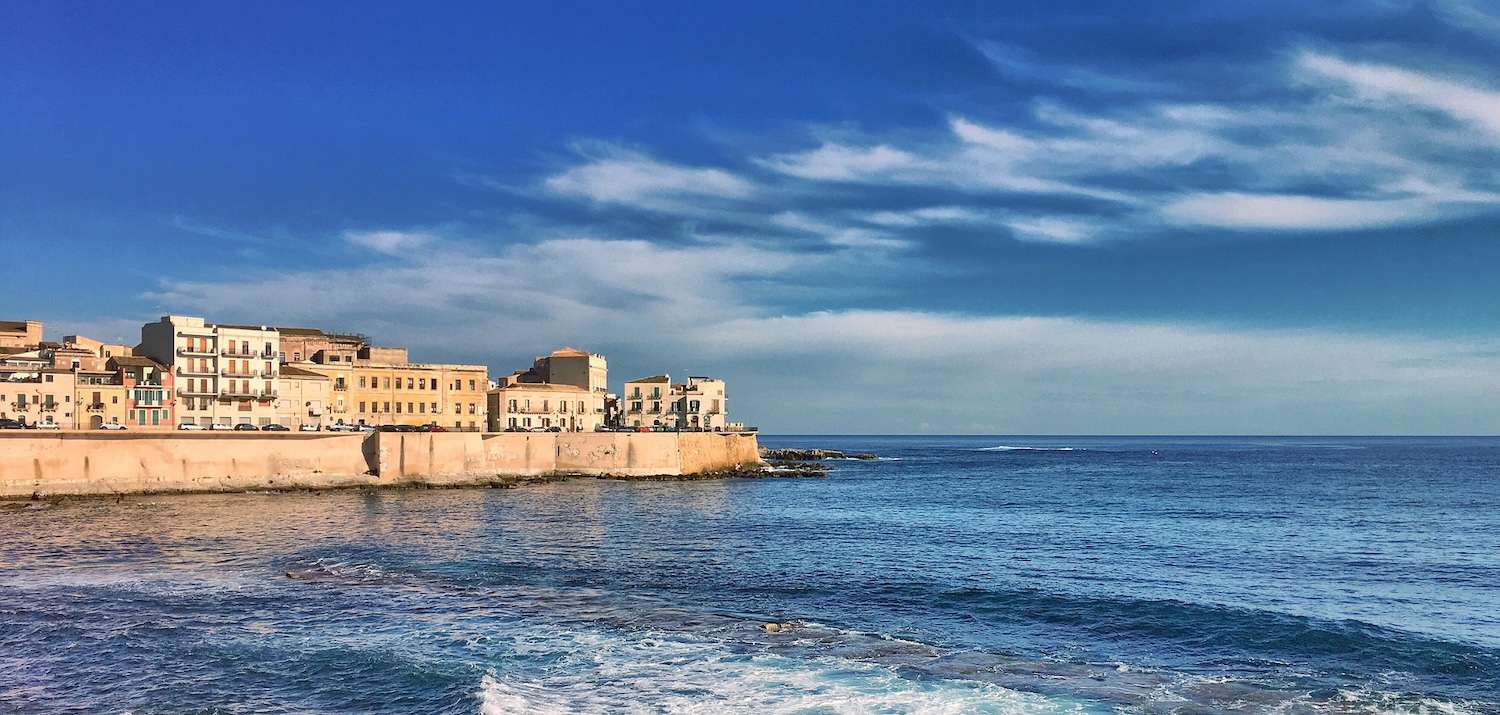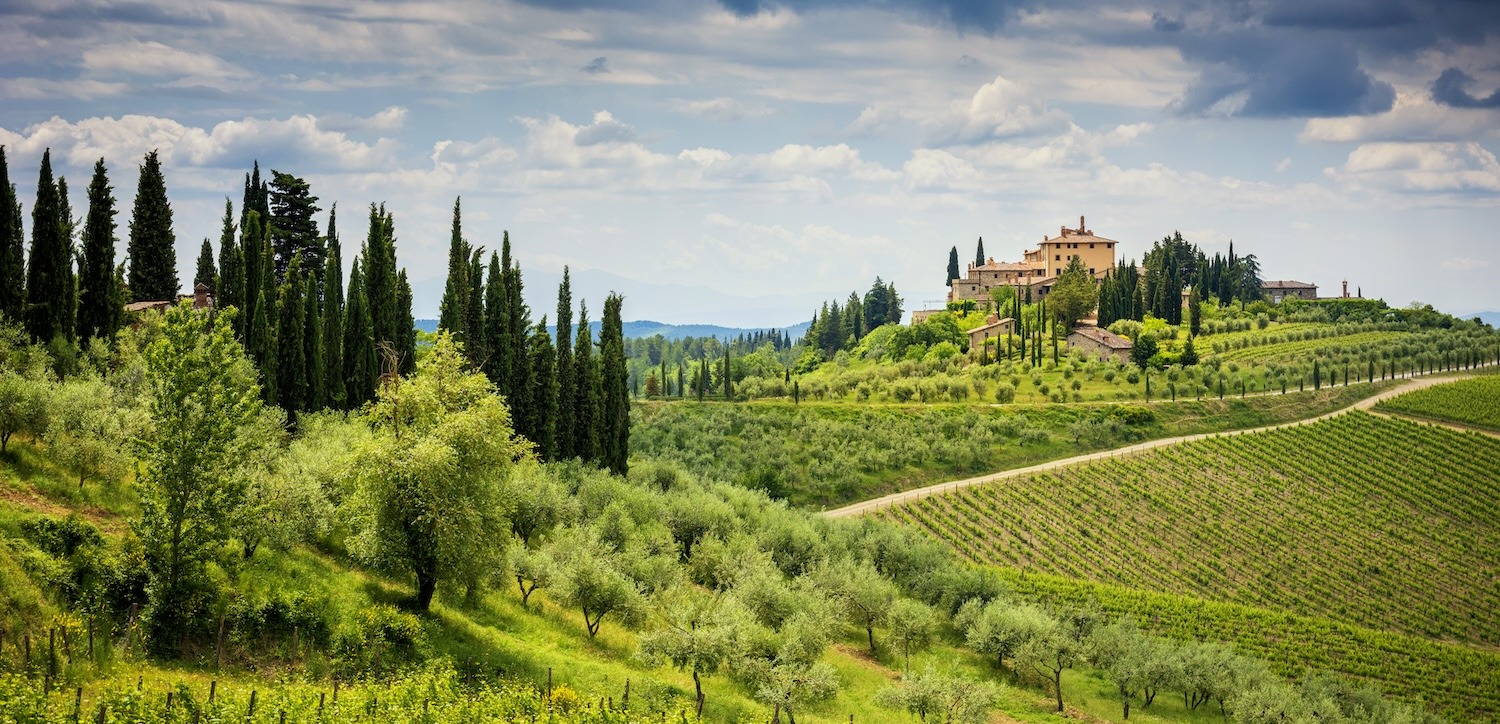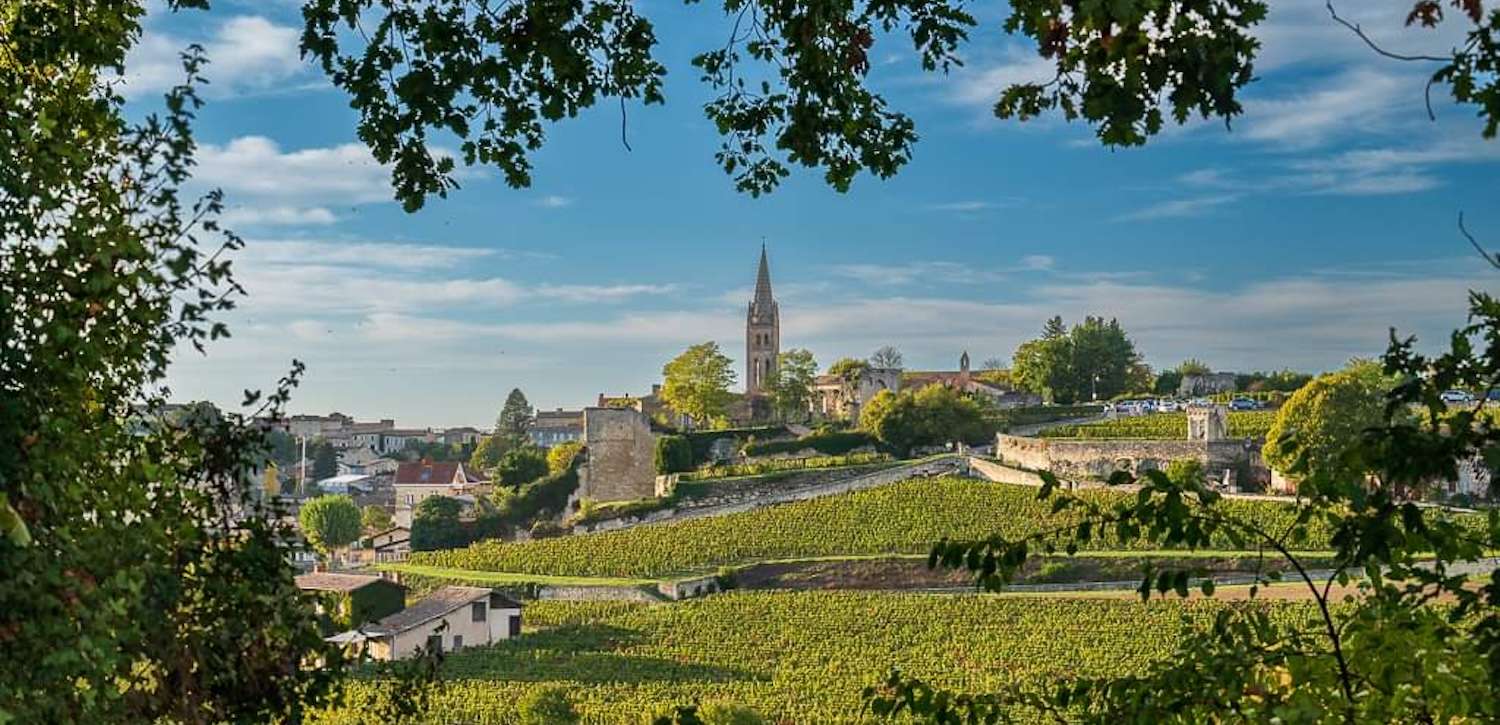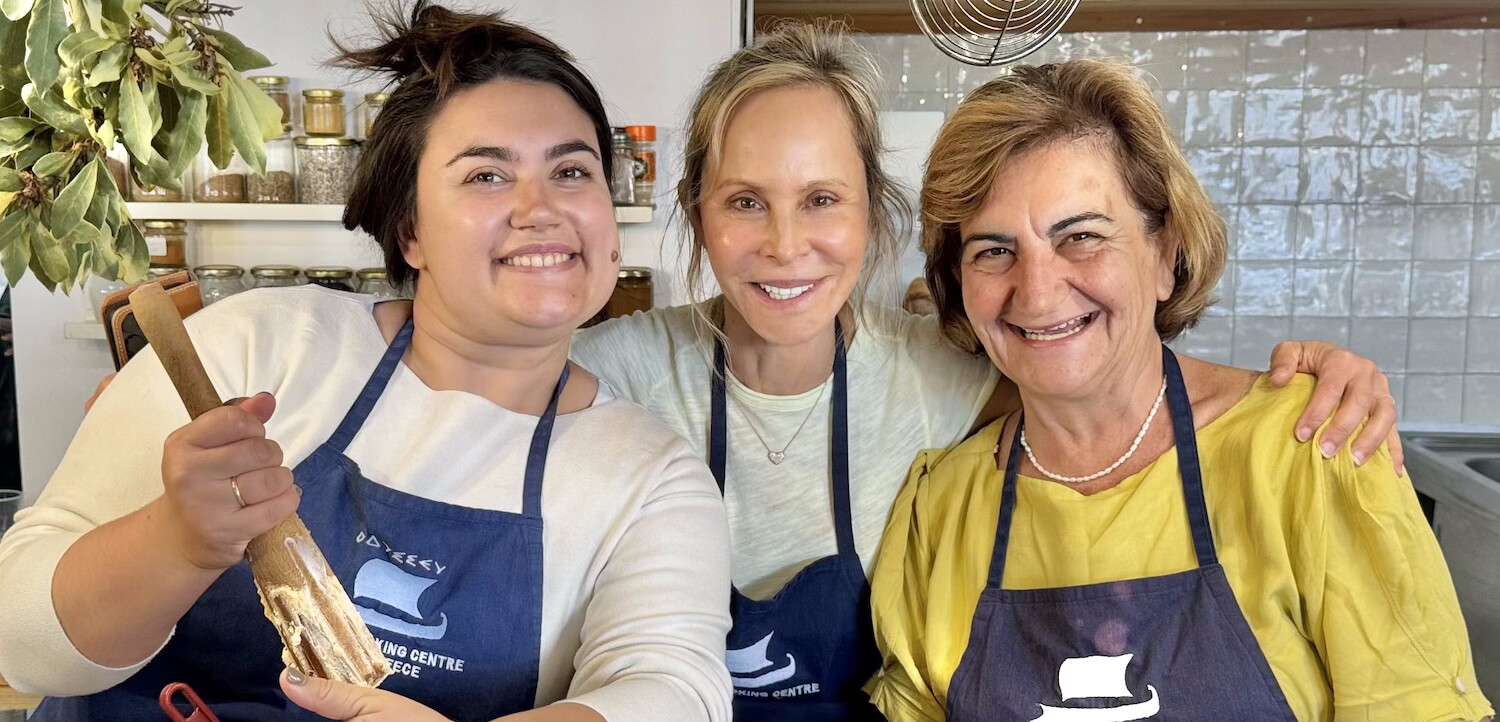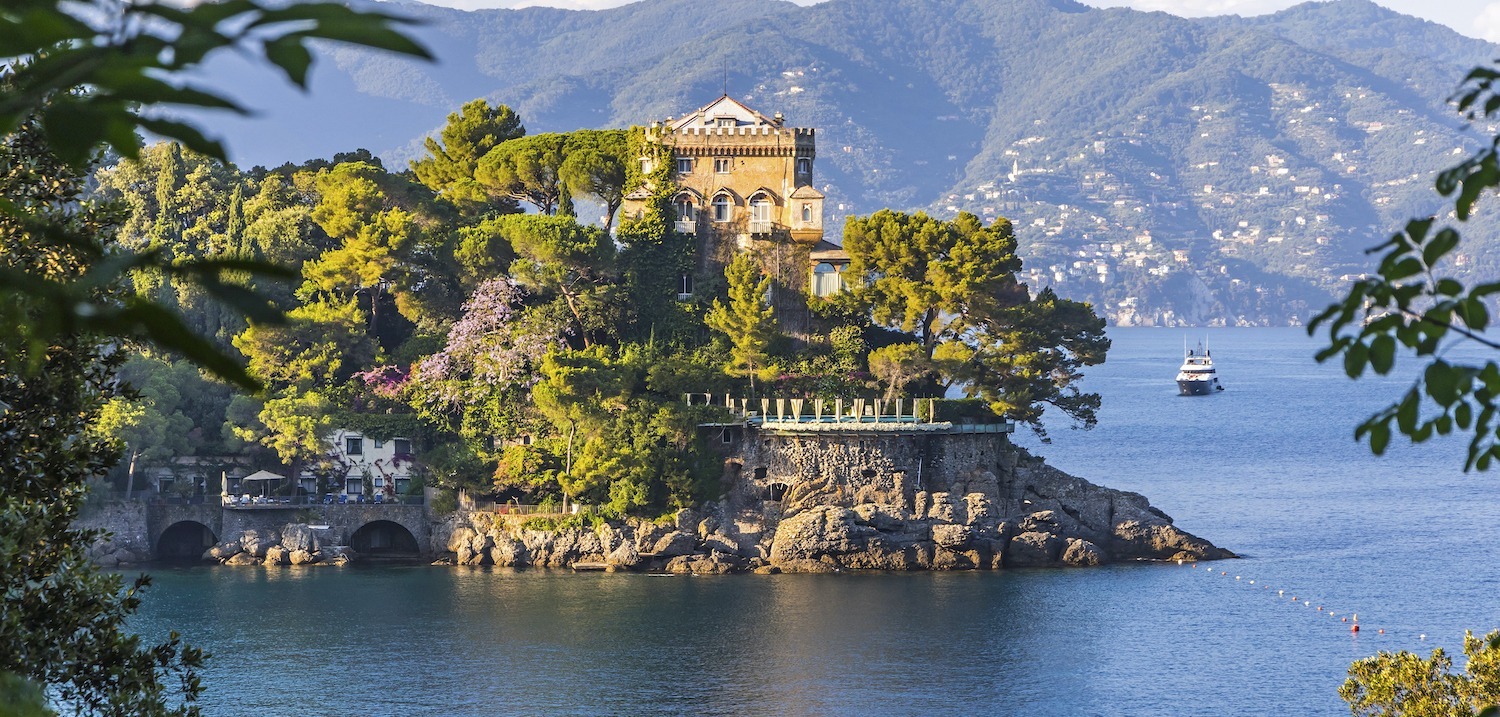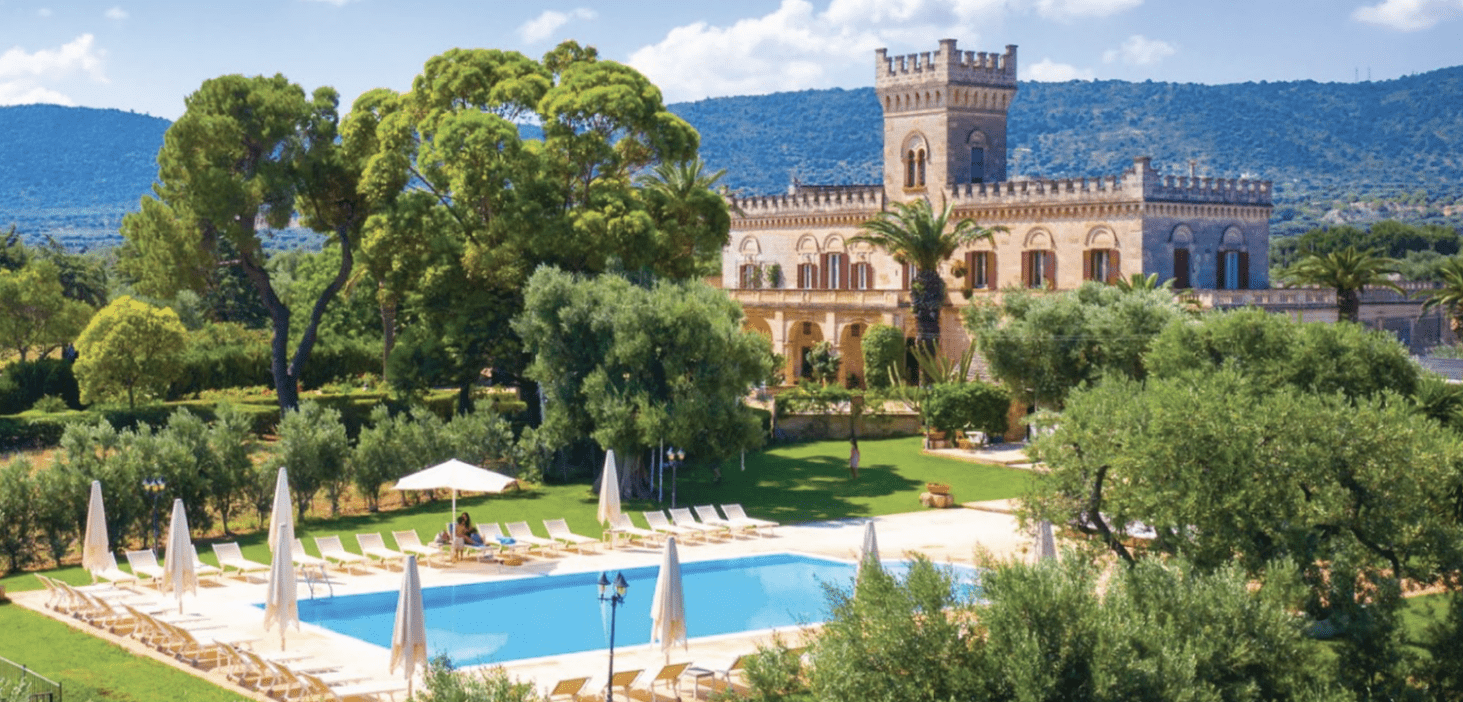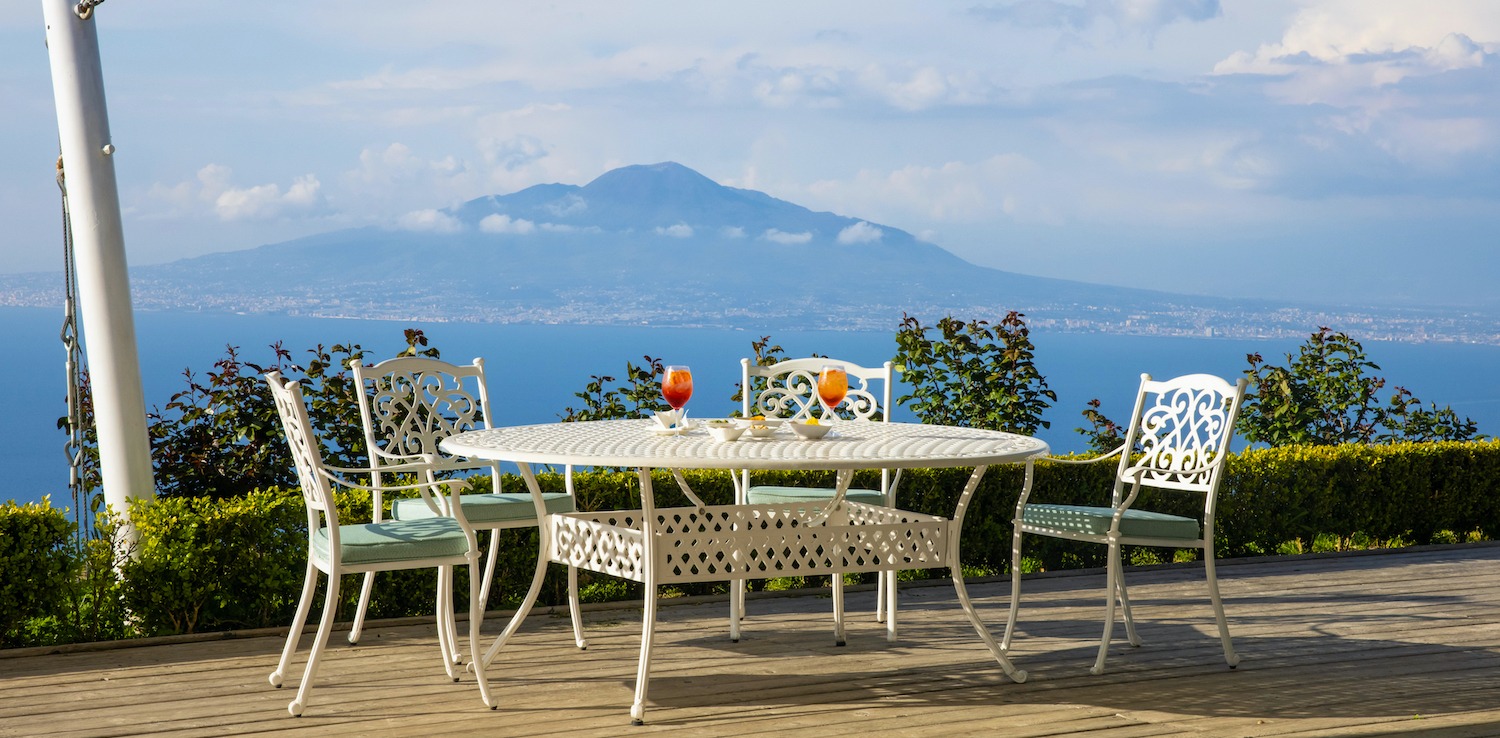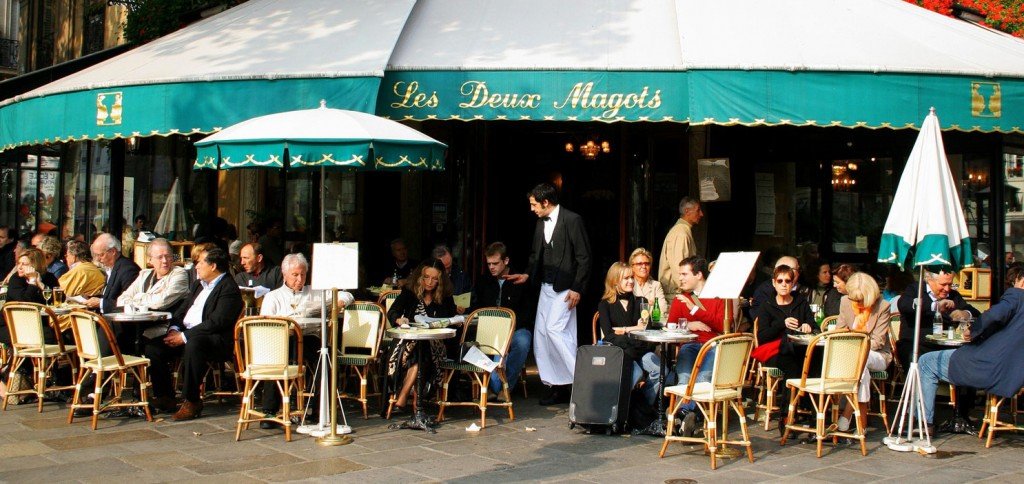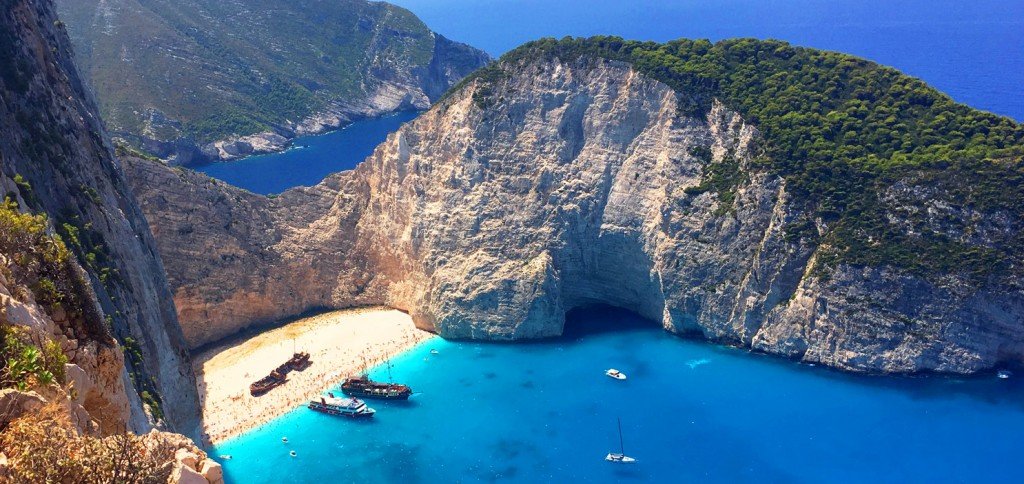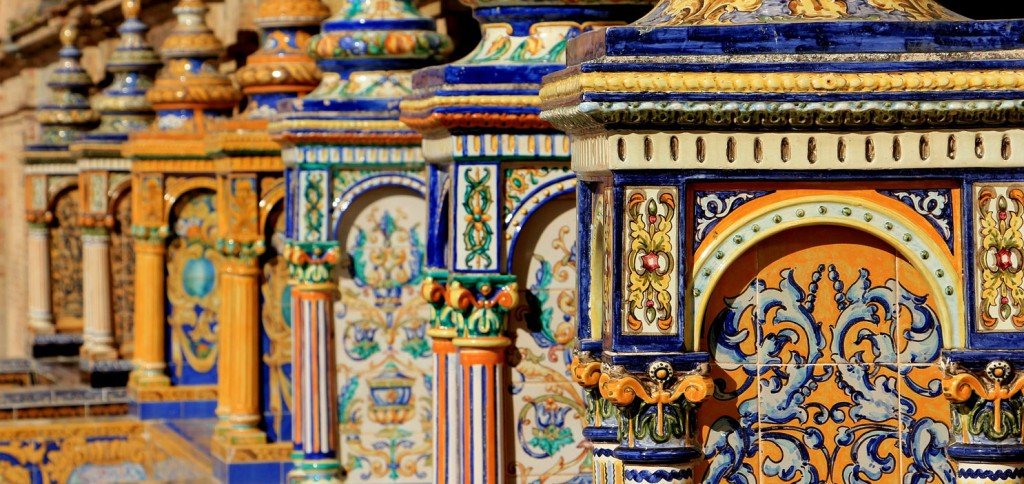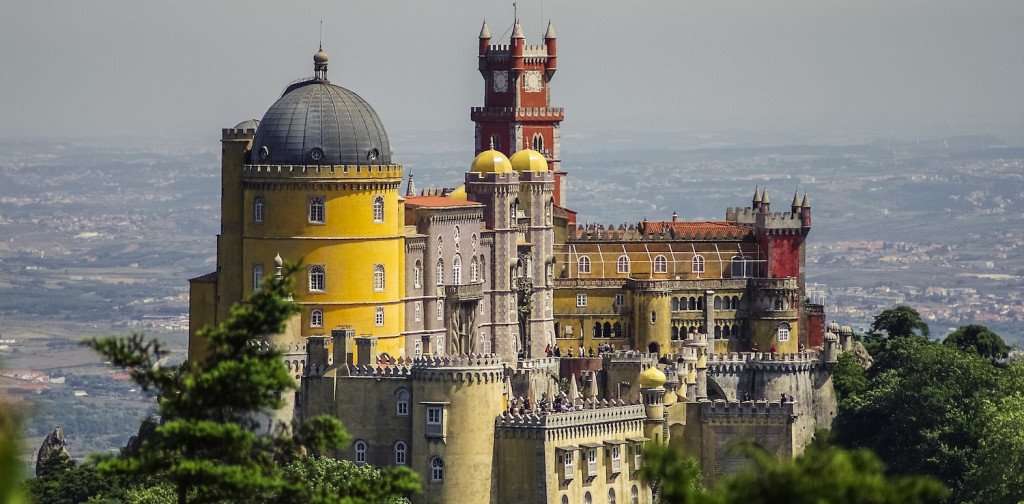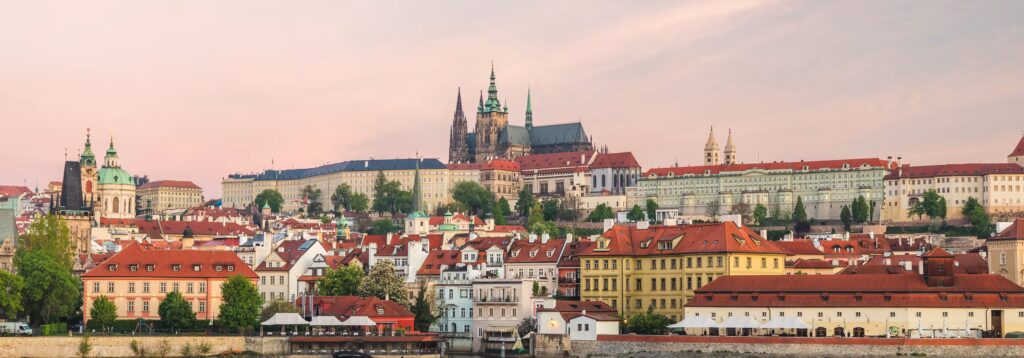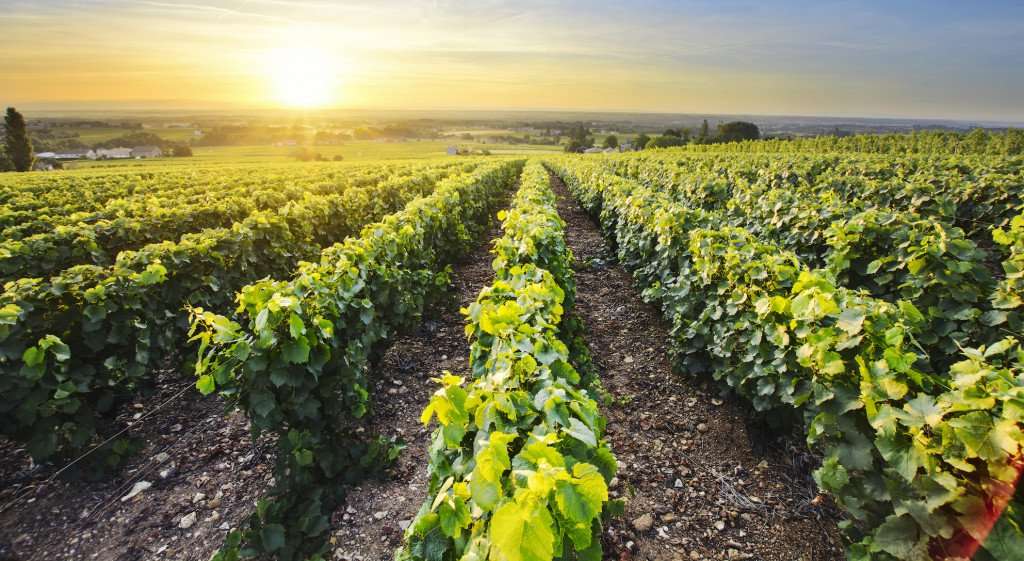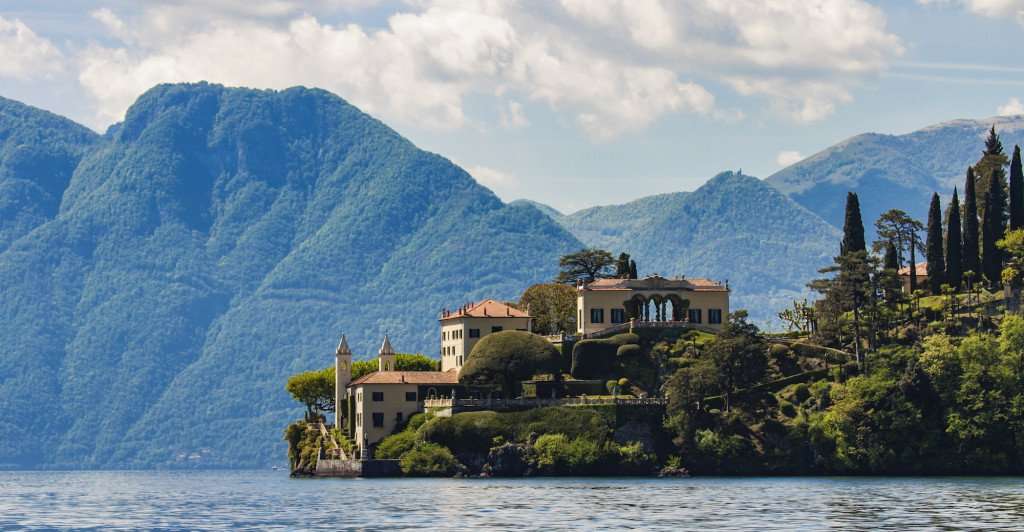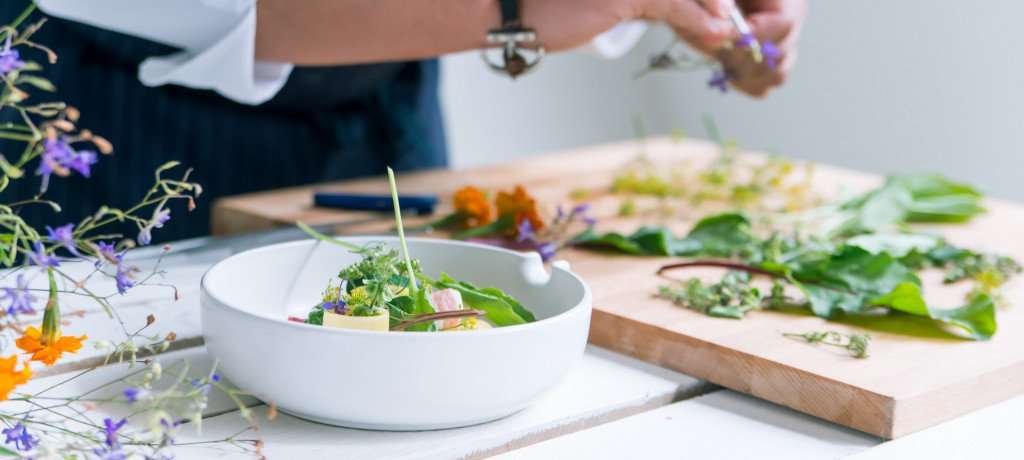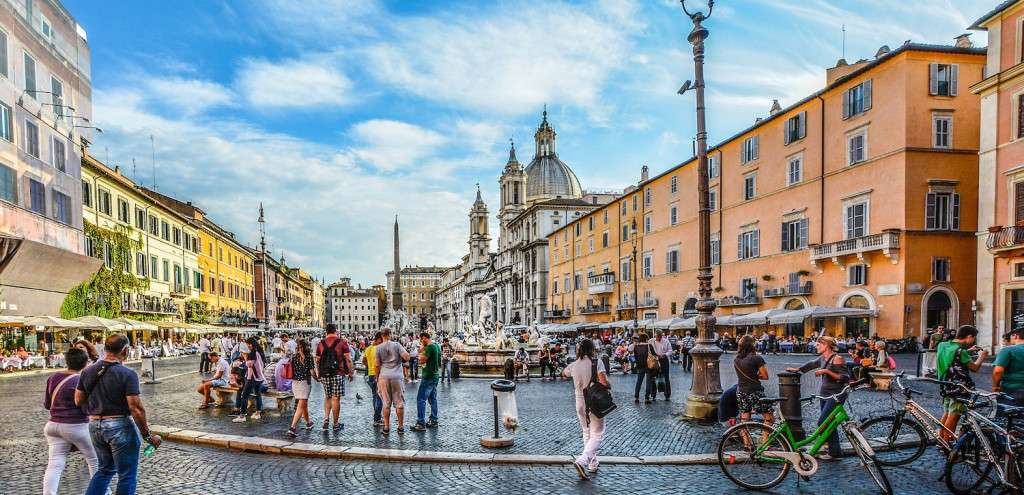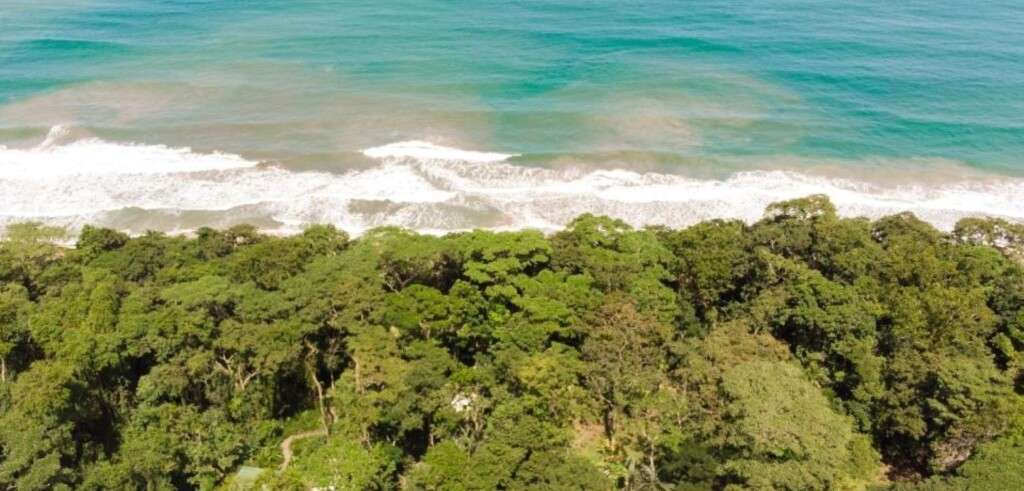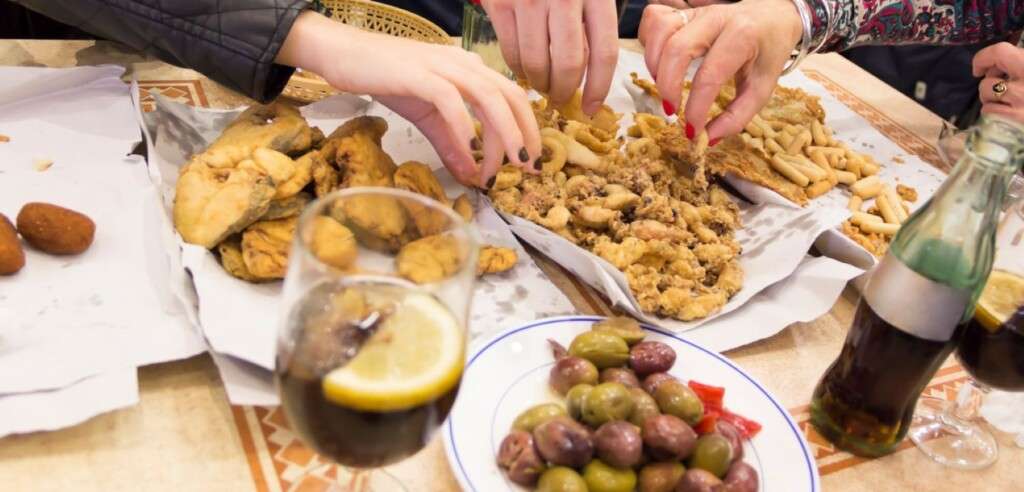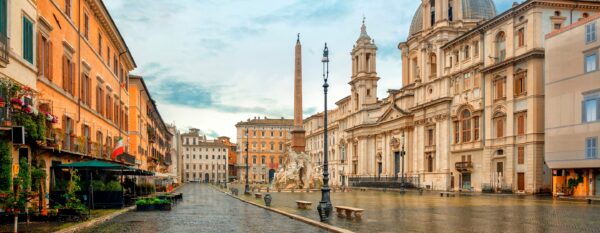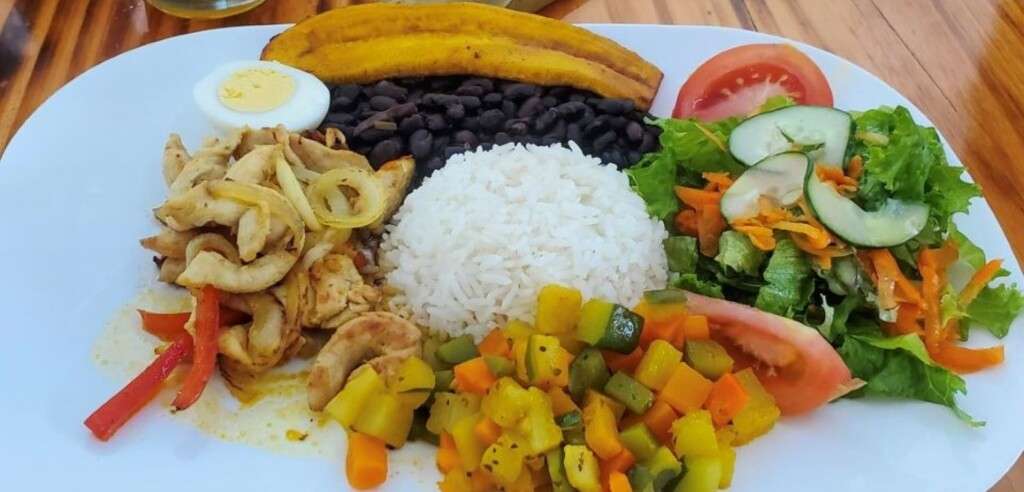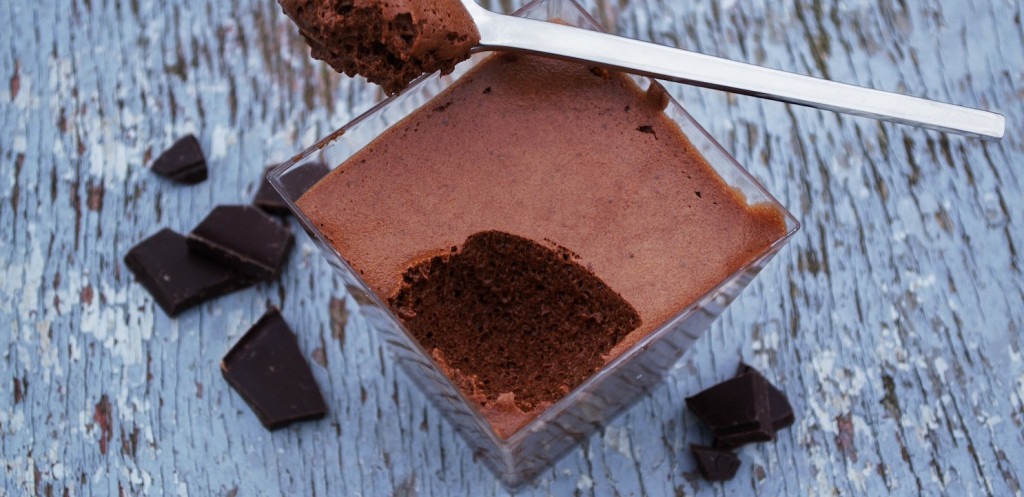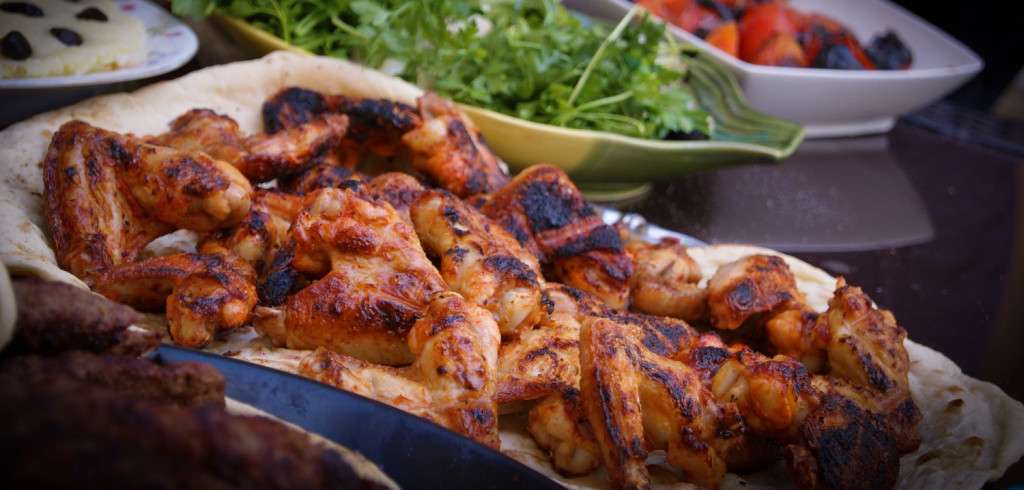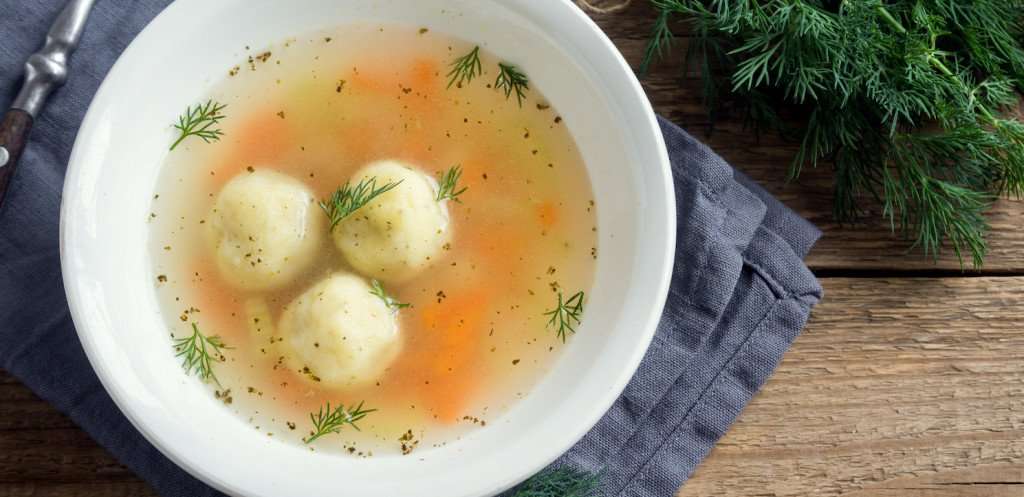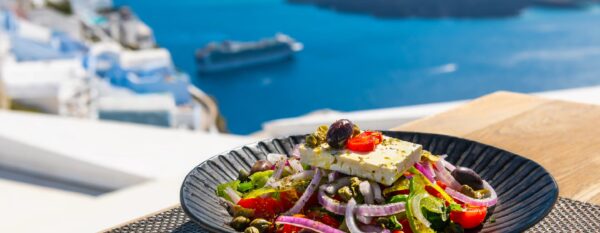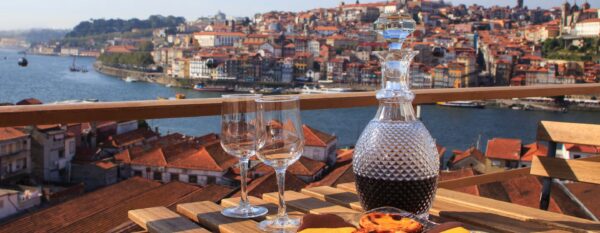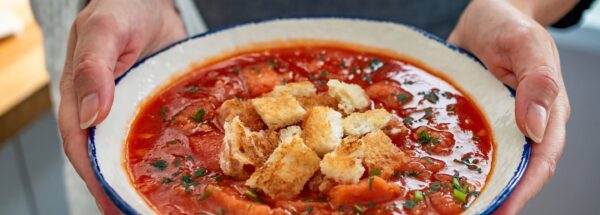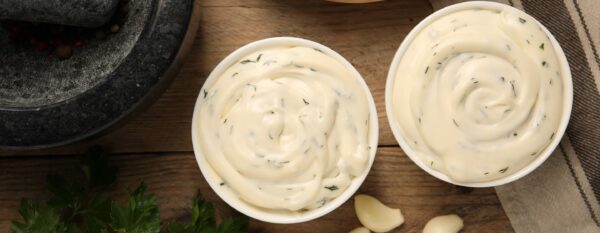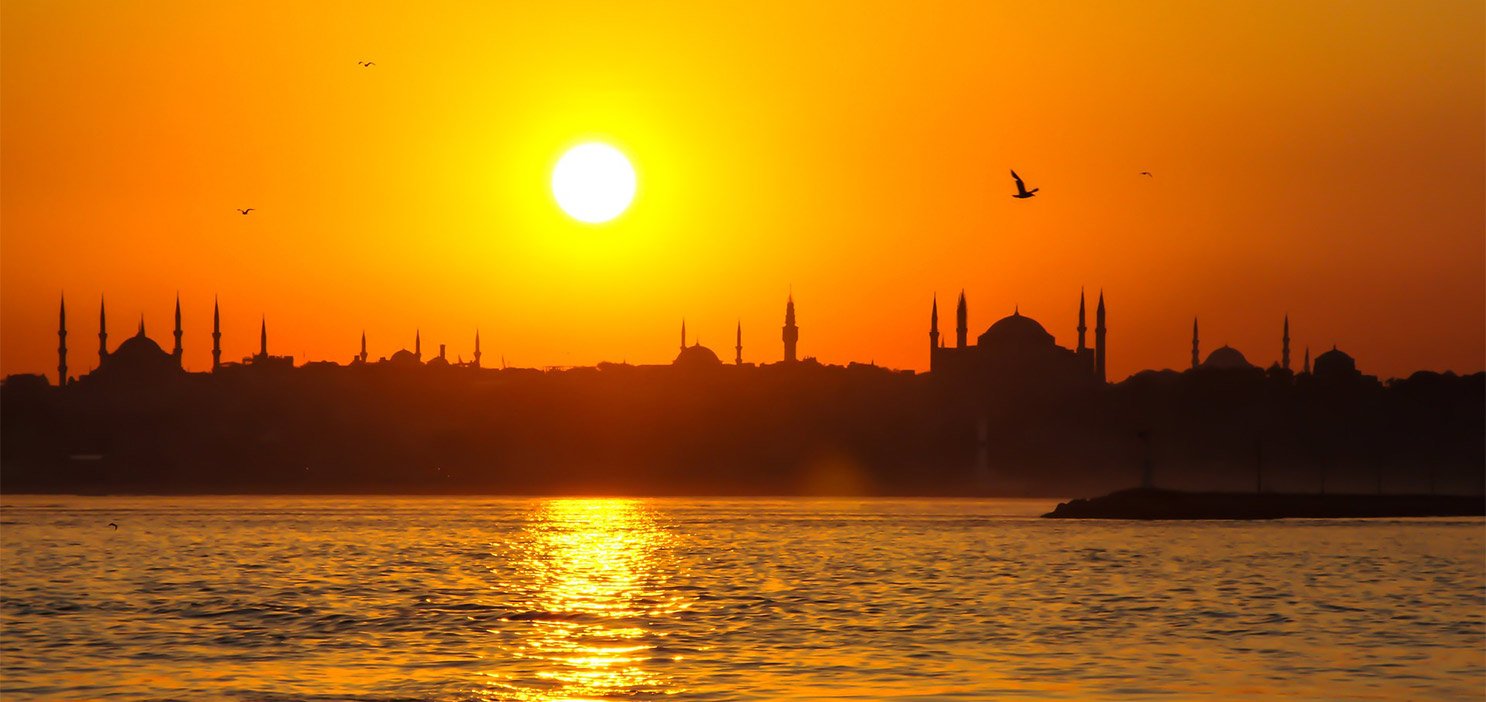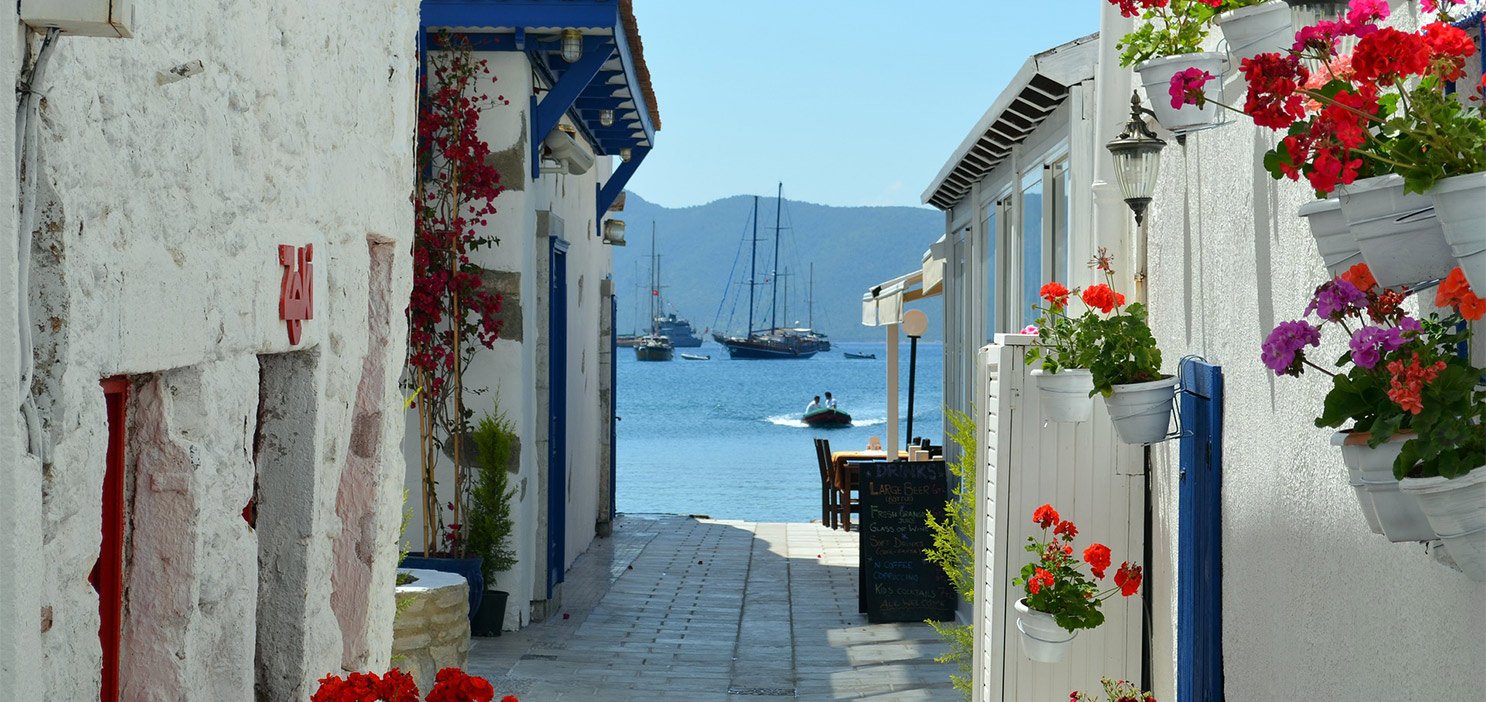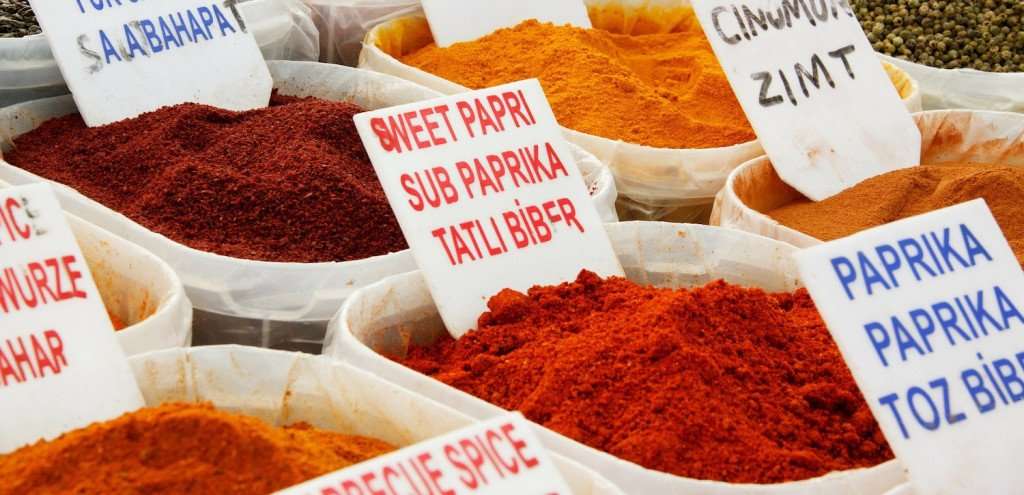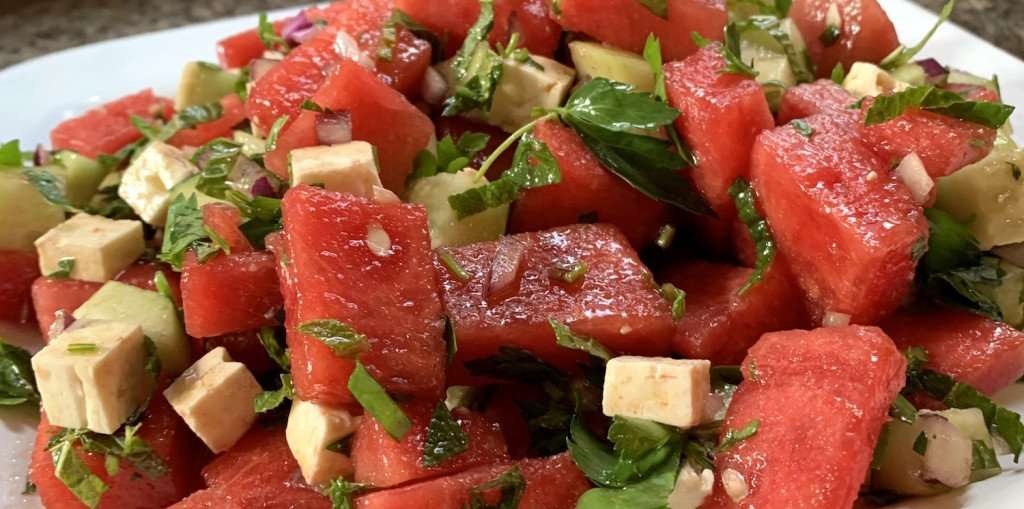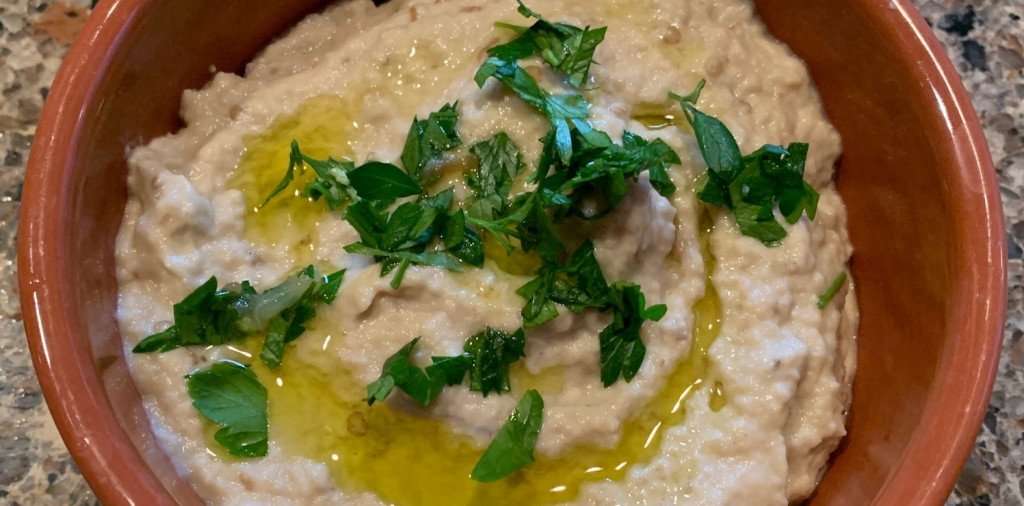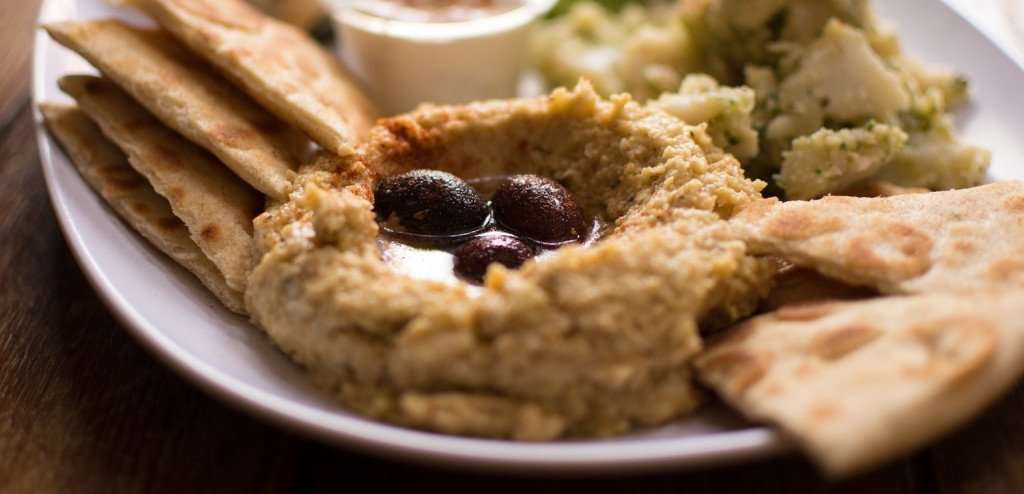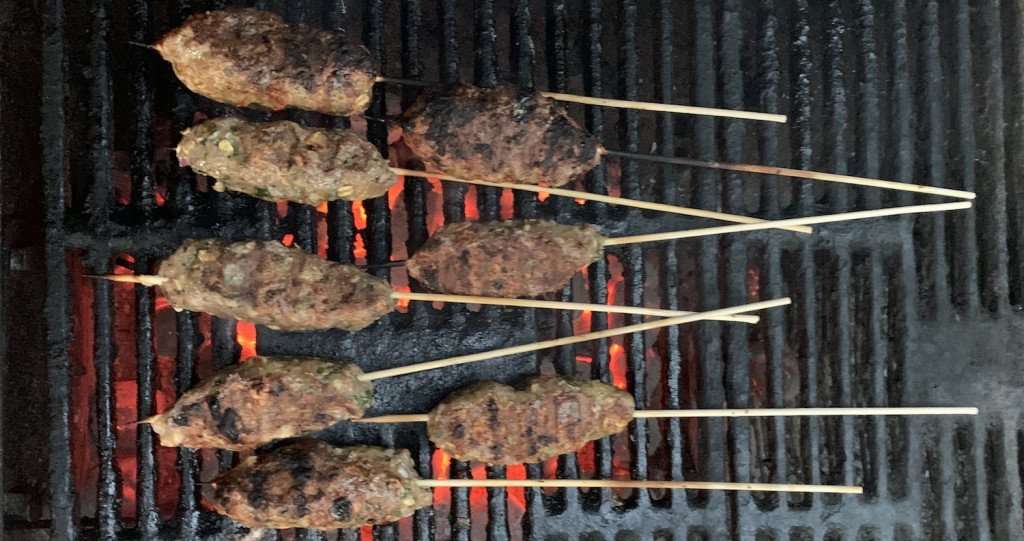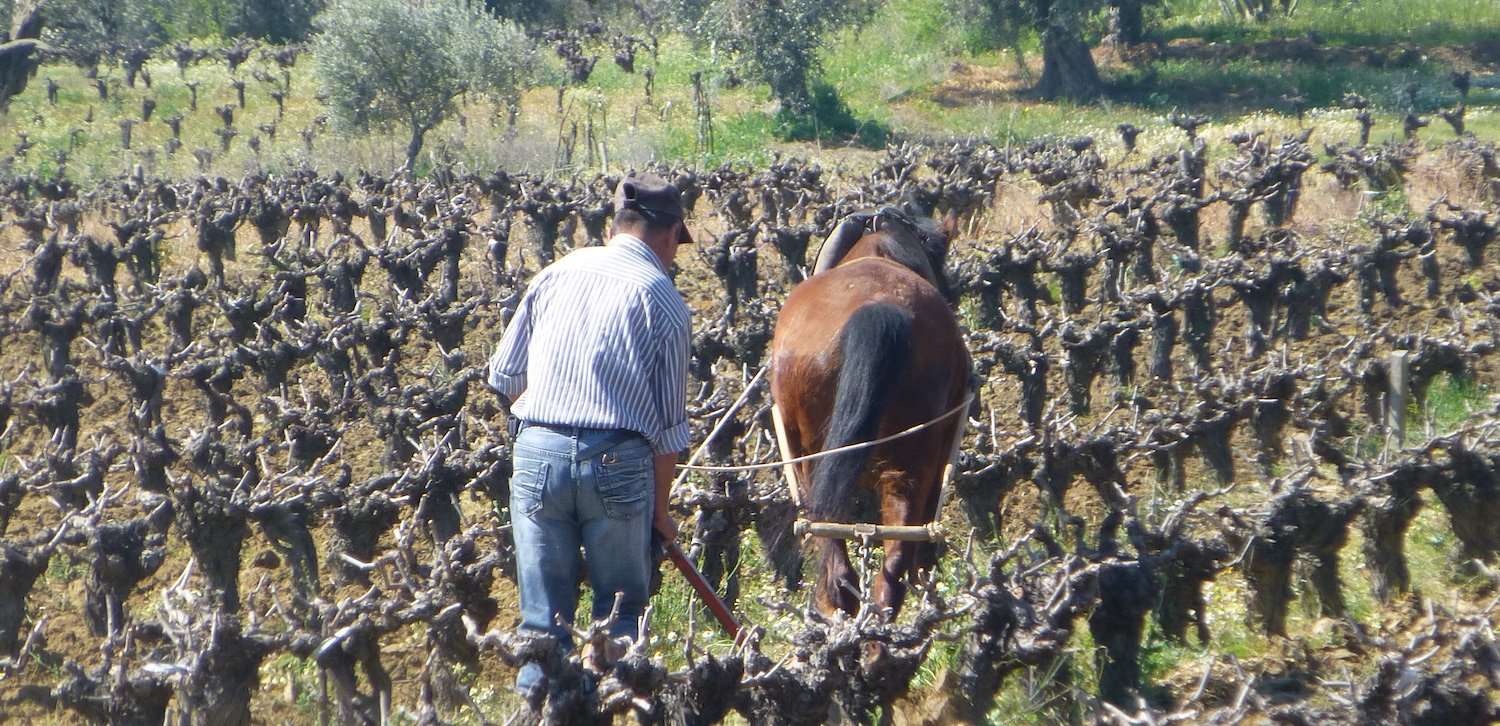
- The International Kitchen
- Blog
- Food & Wine Tours: Winemaking in Turkey
Food & Wine Tours: Winemaking in Turkey
-
-
Turkey is a land of contradictions – perhaps to be expected in a country that divides East from West, Asia from Europe. This vibrant land’s amazing contradictions can be found also in the wine culture. Although technically secular, the country’s strong Islamic presence means that a culture of winemaking is lacking. And yet many modern Turks drink.
While experts think that winemaking may have originated in what is now eastern Turkey, the process of winemaking is far behind what you will find in Europe and other parts of the world. That being said, there is significant wine production and consumption in Turkey, and a visit to its wineries, such as the Isabey Vineyard and Winery near Izmir, can be a wonderful surprise on our food & wine tours.
See all our culinary vacations in Turkey.
 One of our clients, Laurie Beasley, a Haitian art importer and avid blogger (www.ridgeart.com), remembers her experience at the Isabey Winery: “The outdoor setting was absolutely gorgeous. We tasted six wines – three reds, two whites and a late harvest muscat dessert wine. I have to say that the fine quality of Turkish wines really surprised us throughout our journey. They all share one thing in common. Without exception, they need to be decanted at least fifteen minutes before drinking, the reds perhaps thirty minutes.” Photo by Seyhun Aktoprak, courtesy Laurie Beasley (www.ridgeart.com).
One of our clients, Laurie Beasley, a Haitian art importer and avid blogger (www.ridgeart.com), remembers her experience at the Isabey Winery: “The outdoor setting was absolutely gorgeous. We tasted six wines – three reds, two whites and a late harvest muscat dessert wine. I have to say that the fine quality of Turkish wines really surprised us throughout our journey. They all share one thing in common. Without exception, they need to be decanted at least fifteen minutes before drinking, the reds perhaps thirty minutes.” Photo by Seyhun Aktoprak, courtesy Laurie Beasley (www.ridgeart.com).
 Grape production in Turkey is huge, both for eating (sultanas, or raisins, as we would call them), and for making into wines. Some grape producers who lack the ability (or who as Muslims are religiously unable) to convert their grapes into wines sell their product to wineries. Others, such as the Isabey vineyard and winery, which you visit during our best-selling Turkish culinary vacation, pride themselves on their vinicultural prowess. As Laurie explains, “We learned a couple of interesting things about vineyards while at our tasting. Isabey interplants its vines with roses. Roses are the canary in the mine for grape growers. When the rose bushes show signs of disease, the grape vines are not far behind and the grower has a chance to intervene before it’s too late. Isabey also plants olive trees among its vines to deliberately stress the vines out so the flavor of the grapes is more concentrated.”
Grape production in Turkey is huge, both for eating (sultanas, or raisins, as we would call them), and for making into wines. Some grape producers who lack the ability (or who as Muslims are religiously unable) to convert their grapes into wines sell their product to wineries. Others, such as the Isabey vineyard and winery, which you visit during our best-selling Turkish culinary vacation, pride themselves on their vinicultural prowess. As Laurie explains, “We learned a couple of interesting things about vineyards while at our tasting. Isabey interplants its vines with roses. Roses are the canary in the mine for grape growers. When the rose bushes show signs of disease, the grape vines are not far behind and the grower has a chance to intervene before it’s too late. Isabey also plants olive trees among its vines to deliberately stress the vines out so the flavor of the grapes is more concentrated.”
It might not be surprising that the western part of Turkey, in particular the Thrace region along the Sea of Marmara and the Aegean coastal area, produces many fine wines, as its climate is more akin to that of other more famous wine-growing countries. What is more surprising is that even in Central Anatolia, the rugged interior region where Cappadocia’s famed “fairy chimneys” thrust upward toward the sky, there is a noted production of award-winning wines utilizing native varietals such as the Emir, Narince, Bogazkere, Kalecik Karası, and Özüzgözü grapes, which are able to withstand the high altitudes and sometimes frigid temperatures.
Visit Turkey’s Aegean Coast on a culinary vacation.
The moral of the story? Turkey, already one of the most interesting places in the world, does not disappoint on the wine front. Whether you are a serious wine connoisseur or simply looking for a pleasant glass to accompany your şiş kebab or dürüm sandwich, Turkey’s got just the bottle for you – which you can discover our for yourself on one of our cooking vacations!
Sign up to Receive Our Newsletter
As well as travel tips, promotions, and information on our best cooking vacations.
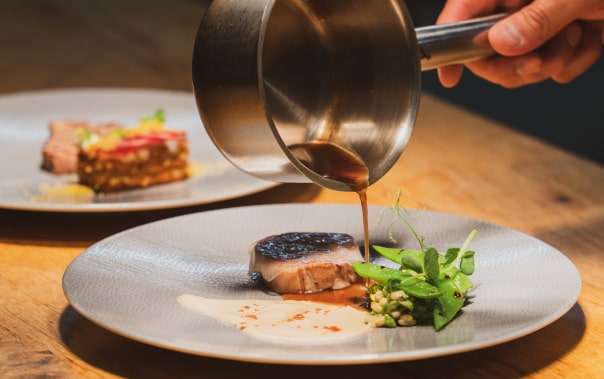
blog
Related Blog Posts
recipes

